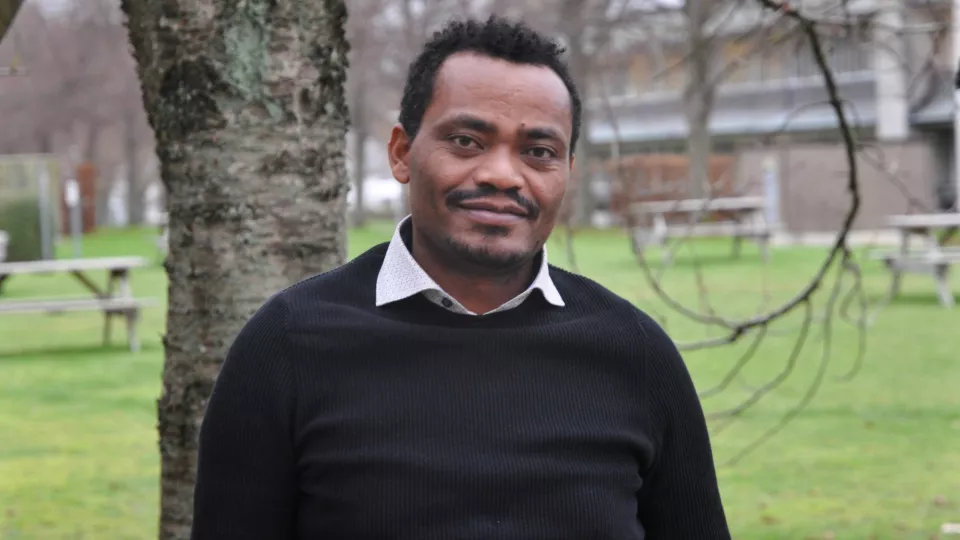What are you doing in your research group here in Lund?
– I've been taking the remaining doctoral courses, attending workshops, seminars, and other doctoral student dissertation presentations in the research group, preparing for the mid-way review, and developing standard operational procedures for the planned intervention, which will begin in the new year 2022. Furthermore, creating a platform for the data collection tool on the REDCap, which will aid in collecting research data offline and making it easy to use later on statistical software. In general, I have enjoyed my stay here, and there are no words to express how much care and support I have received from all of the research groups.
You got your second article published recently, congratulations! How does it feel?
– I am very pleased with the publication of my second article.
Can you explain the overall aim and result of the study?
– The aim of the second article was to explore the experiences and needs of HIV-positive adolescents in Ethiopia in terms of antiretroviral therapy adherence and retention in care.
– The article's findings revealed a number of barriers to treatment adherence and retention in care, such as forgetting medication time due to other life events, being afraid to collect ART drugs and the difficulty of getting food at medication time, or caregivers preparing food late. Being in an orphanage and religious beliefs were also mentioned as barriers. Adolescents who were orphaned or cared for by non-biological caregivers reported a lack of treatment adherence assistance and support. Some adolescents refused to take medication because they believed that prayers or the use of holy water would cure them. Some adolescents, on the other hand, have been motivated to take their ART medication by developing motivational strategies to remind them of it.
Why is your research important?
– Adolescents' lived experiences with HIV treatment adherence and retention in care, as well as their needs and treatment and care suggestions, will aid in the development of the intervention. Adolescents will be able to improve their lives and maintain adherence and retention in care if they are given support. Then, by 2030, accomplishing Sustainable Development Goal 3: ending AIDS.
Where and how did your interest in these questions start?
– In my project, I followed the framework of a complex intervention developed by the Medical Research Council, which has four phases. I needed evidence in the area to develop the project, so I conducted a systematic review to generate the evidence. However, the adolescent's behavior was not taken into account. As a result, I used the health belief model to support the health behavioral theory aspect of adolescents' treatment and retention in care. Then, I was interested to explore the experiences, the needs, and suggestions of adolescents.


